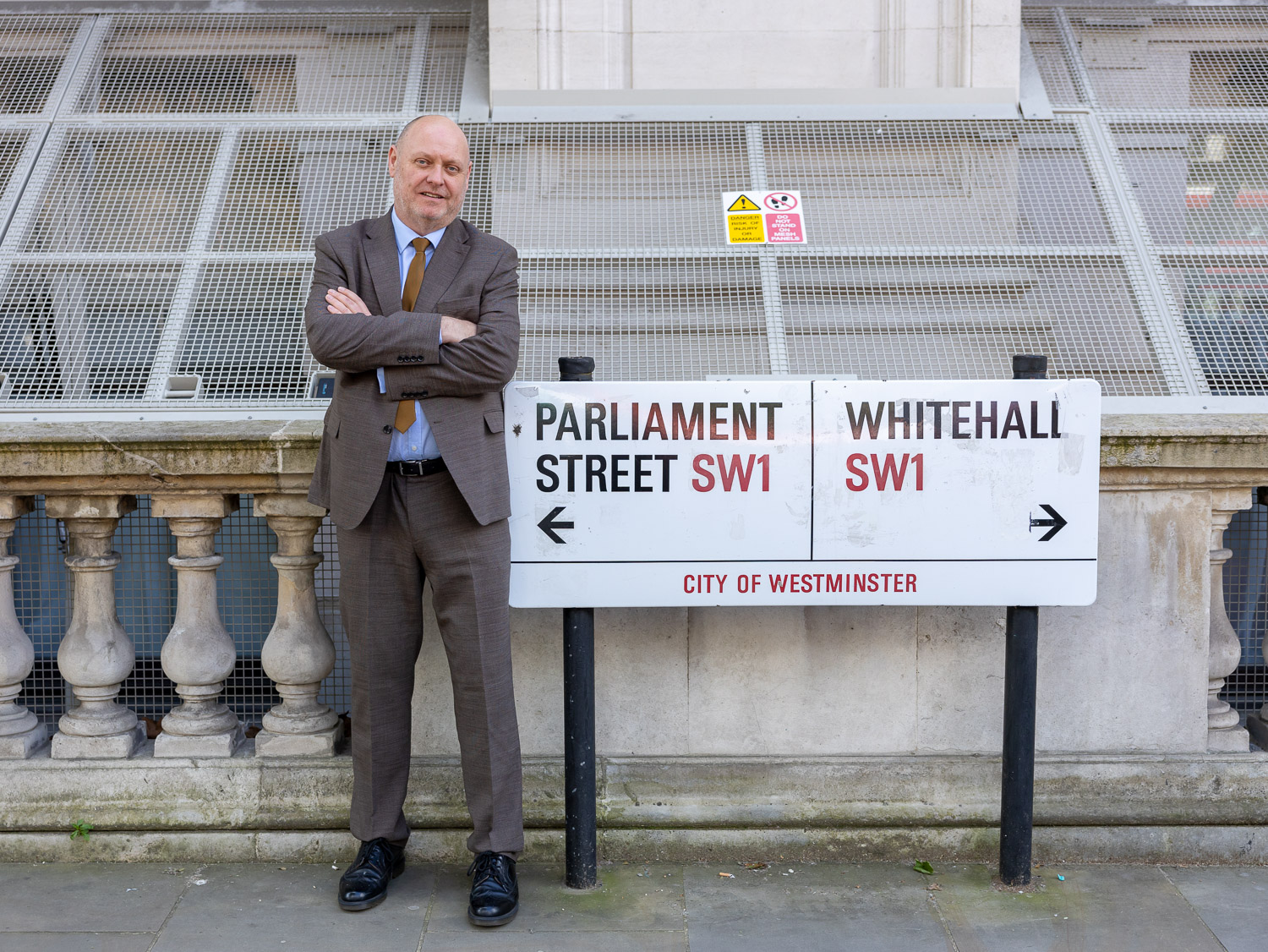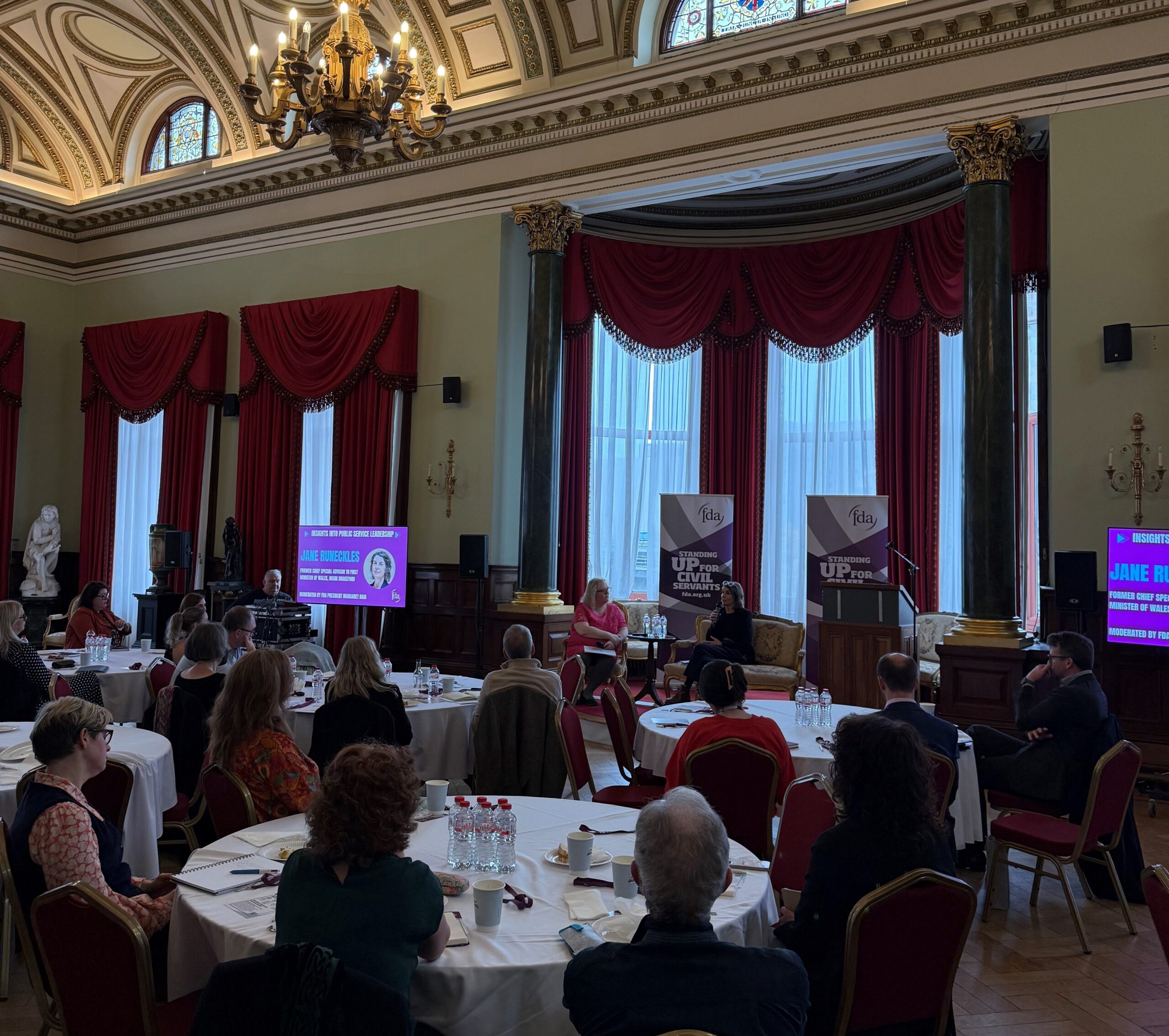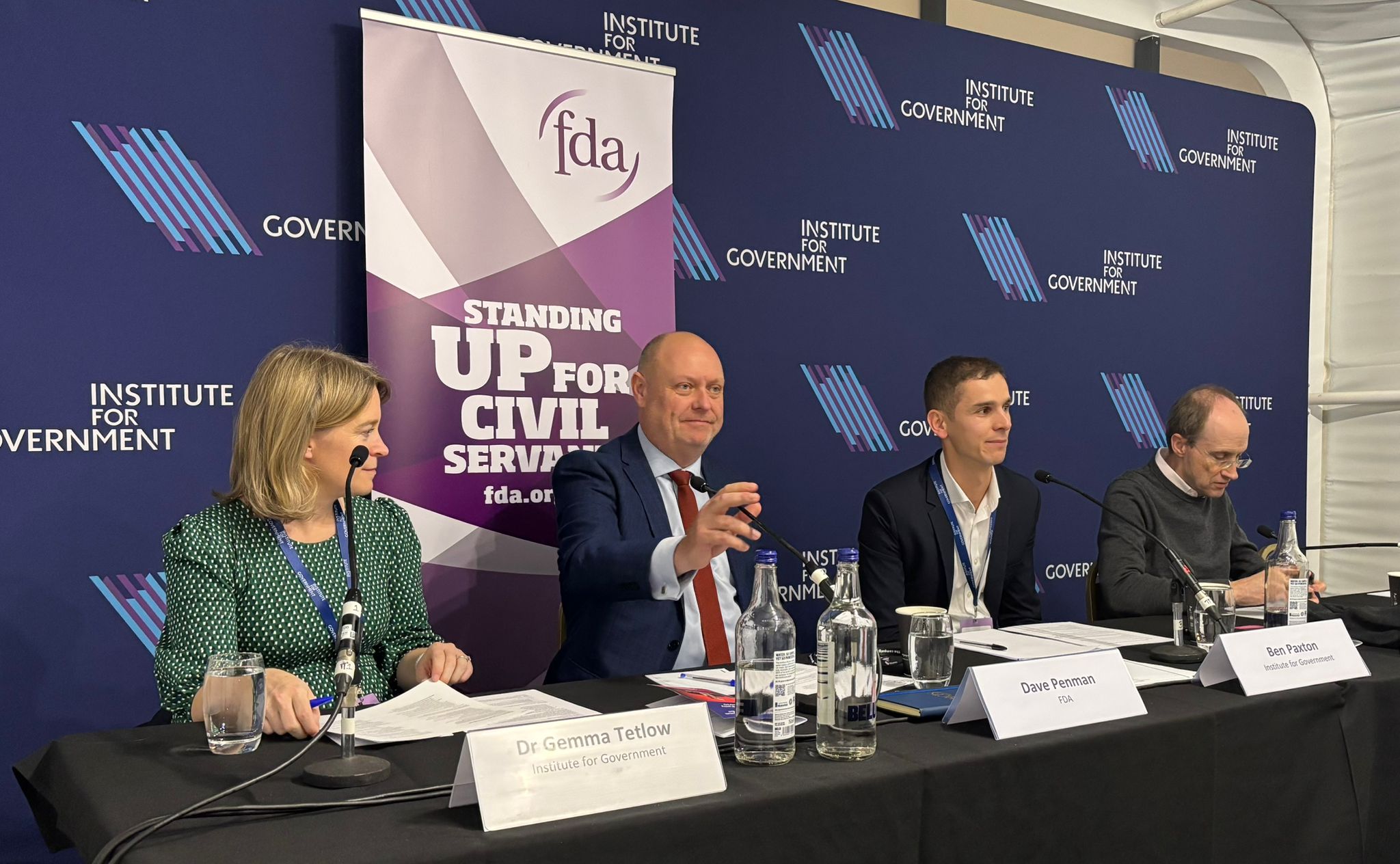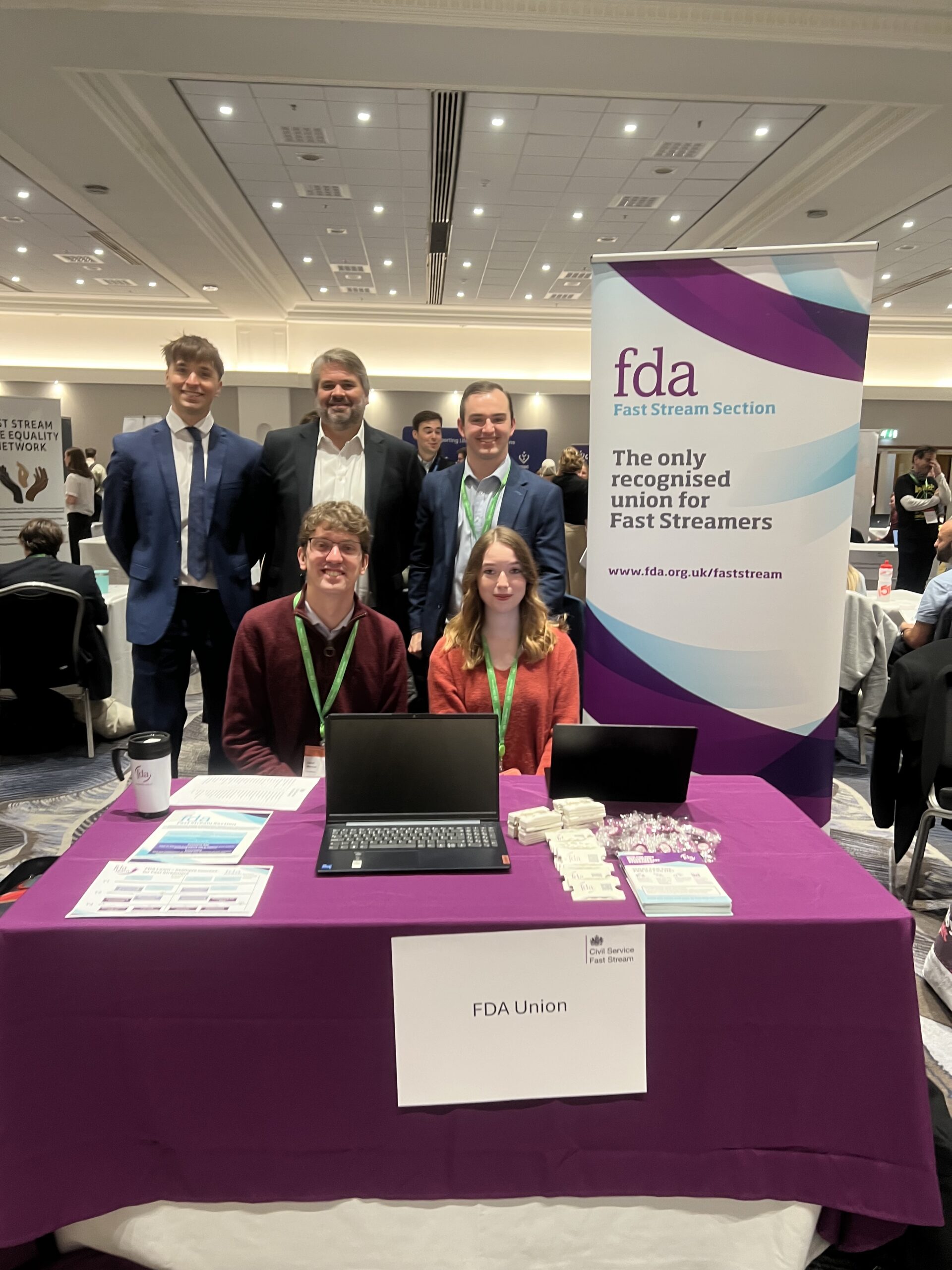Driving improvement

If the government wants efficiencies, it needs to address the big challenge of civil service pay reform, writes FDA General Secretary Dave Penman.
It was a big step for the new government to honour the pay review body recommendations in the summer. It was clear they wanted to put the long running disputes and general disharmony over public sector pay behind them, but given the fiscal environment and inevitable political mudslinging – that is still continuing – it was not an inevitability.
The budget in October set out the context for future decisions on pay, and as expected, the mood music is different. Essentially, the message to the public sector is anything above inflation has to come from efficiencies. There’s little definition yet, but looking at the tightening of departmental budgets over the next few years, it’s clear there is little room for inflation-busting pay awards.
Efficiencies means delivering better value for taxpayers and creating a resource to be spent elsewhere. The outlook for the civil service already looks challenging to deliver within existing budgets, with many departments already looking at a variety of cost-cutting measures, including reducing staff numbers. So, the opportunity to deliver further efficiencies will depend on many things, and may not be able to be delivered in the same way or same time across government, never mind across different sectors.
The civil service pay system is broken, almost no-one disagrees. But across the public sector, part of the solution to better outcomes is addressing long-term pay problems for the public servants who, in the main, are relied upon to deliver those public services and still will be, even after reform has taken place.
So whether its retention of teachers or recruitment of carers, or attracting scarce skills in the civil service, there are big pay challenges that need to be addressed.
We need to move beyond the annual bun fight over a figure that’s slightly lower or higher than inflation in a particular month when it’s announced. It means thinking about what we want to achieve, what role reward has in recruiting, retaining and motivating public servants and how that can help drive improvements to services and support a broader reform and efficiency agenda.
If this is to be delivered in this parliament, then we need to get on with it. Major reform takes time and we’ve not seen any sign yet that the government is in a space where what it wants to achieve through efficiency and reform is clear.
Unions should never be afraid of reform. Whilst too often it has been used simply as a mask for scaling back on services, delivering public services better and more efficiently is in everyone’s interest.
We are ready for that dialogue and as a constructive, engaged partner, we can help shape that agenda, bringing our insight from across government and governments over many decades.
This Labour government have come to power promising a new world of work, seeking to expand on the collective voice of workers as part of their ‘make work pay’ agenda. They need to live up to those principles for the government’s own employees.
There’s much work to be done and we’re ready to roll our sleeves up and get on with it, as we always have been. We’re just waiting for the same from the other side.
Dave Penman
This opinion piece was originally published in Public Service Magazine’s winter 2024/25 edition.
Latest news
-

FDA’s inaugural Insights into Public Service Leadership conference takes place in Belfast
The FDA Northern Ireland section held the inaugural ‘Insights into Public Service Leadership’ half-day conference and networking on Thursday 16 October 2025 for members and non-members in NI.
-

Government has “no strategy” on long-term pay and reward issues, says Penman
FDA and IfG hosted a joint fringe event at this year’s Labour Party Conference in Liverpool, discussing ‘Should public sector pay and pensions be reformed?’
-

FDA at Fast Stream Base Camp 2025
FDA Fast Stream reps have been in Birmingham for Fast Stream Basecamp, welcoming new first year Fast Streamers, speaking to them about the union’s work and how to get involved.